Alright – so today we’ve got the honor of introducing you to Suzanne Slonim. We think you’ll enjoy our conversation, we’ve shared it below.
Hi Suzanne, thanks for joining us today. What did your parents do right and how has that impacted you in your life and career?
My parents have been my lifelong role models and inspiration. Both of them were doctors, my father was a cardiologist, my mother was a rheumatologist. I knew by the time I was five years old that I wanted to be a doctor. You might think this was the only choice for someone whose parents are both doctors, but my brother is an electrical engineer.
They had a great work ethic and were advocates for social justice in health care. One night in the late 1950’s while their chief of staff was out of town, my mother, father and the other doctors in training quietly started integrating their teaching hospital. They mixed up all the patients from the White Emergency Room and the Black Emergency Room so they were all together. When the chief of staff got back in town, it was already done and he couldn’t undo it. Actions like that have made me very proud of my parents.
They always offered very personalized care for their patients. They did house calls and received calls from patients at home. For patients who couldn’t afford the cost of an appointment, they took payment in tomatoes or avocados. Growing up I worked in their office and the personal care and positive impact it had on their patients stayed with me.
My mother came to the United States for college, not able to speak English. She has worked hard her entire life, keeping our family together, running her practice, and never stopping in her pursuit of excellence and knowledge. She’s amazing and practiced medicine until she was 89 years old, retiring in 2021. As I began to practice medicine it seemed natural that I provide that same type of care, weaving kindness and compassion into my practice with the latest technology to best serve the women we treat.
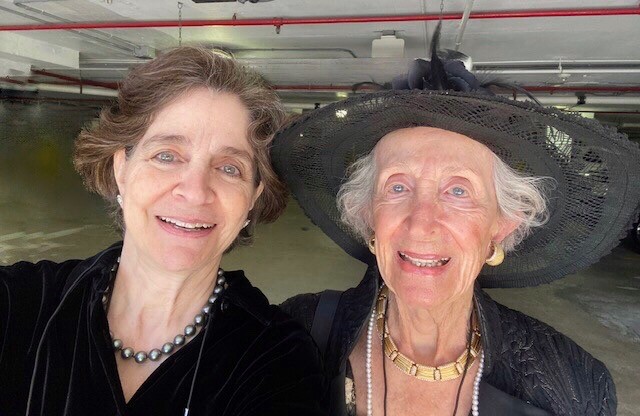
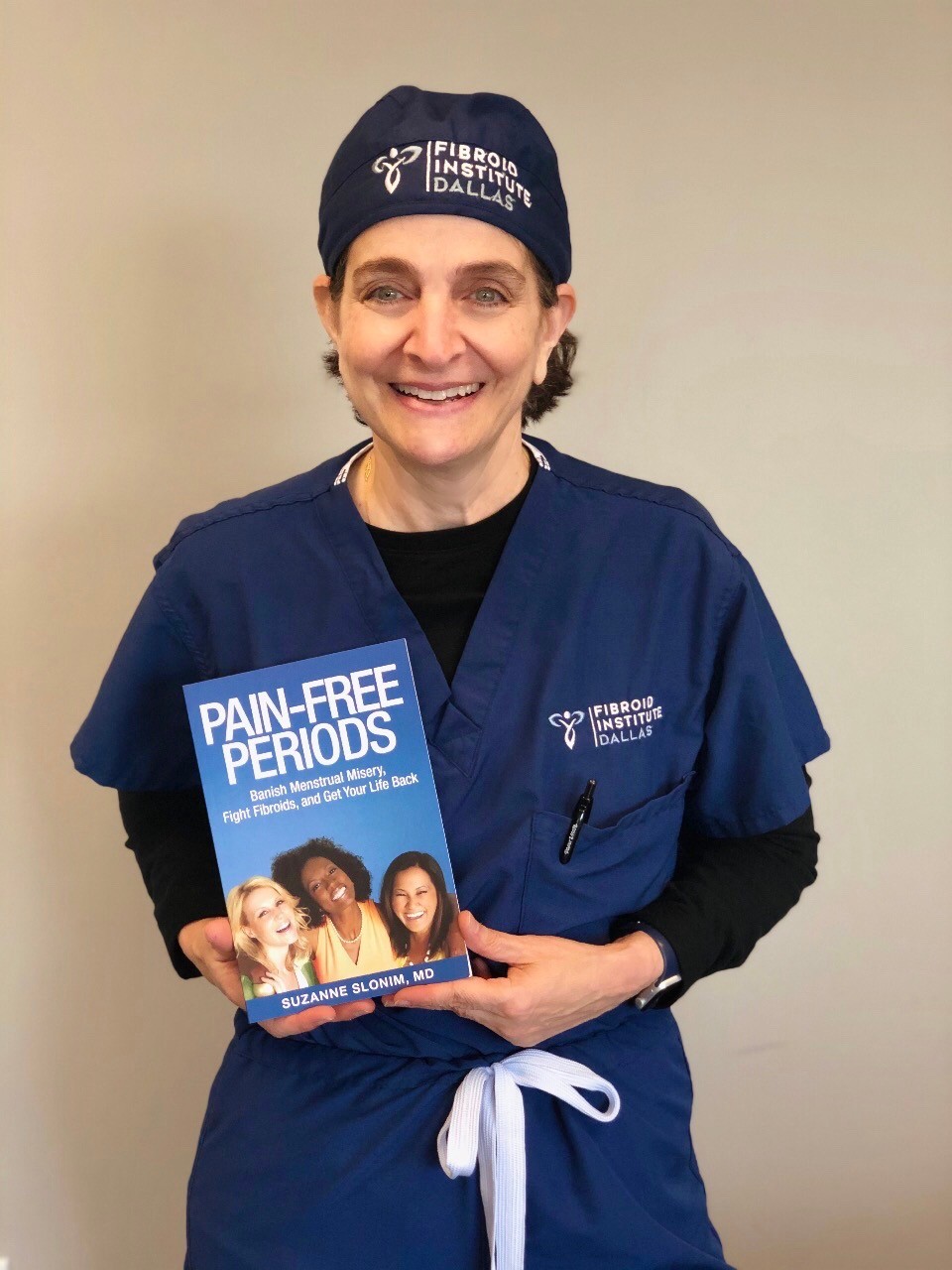
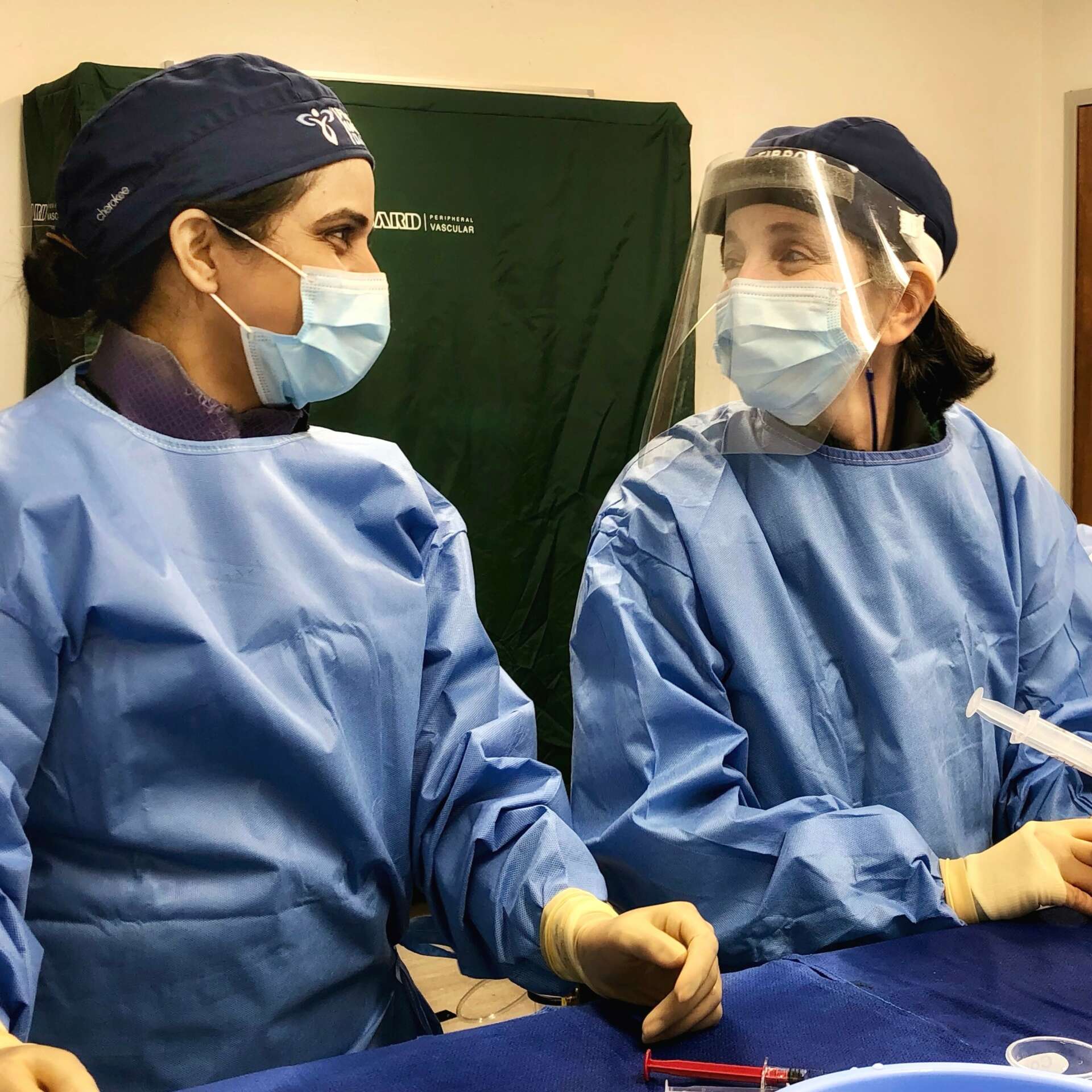
As always, we appreciate you sharing your insights and we’ve got a few more questions for you, but before we get to all of that can you take a minute to introduce yourself and give our readers some of your background and context?
I’m a doctor in a very technical field called Interventional Radiology. We do minimally invasive image-guided surgeries all over the body. Several years ago, I started the Fibroid Institute Dallas to focus solely on treating uterine fibroids without surgery. Fibroids are noncancerous tumors in the uterus that affect up to 80% of Black women and 70% of White women by the age of 50. They cause symptoms like heavy bleeding, pelvic pain, back and leg pain, urinary frequency, constipation, and pain during intercourse. Historically, the most common treatment for symptomatic fibroids has been hysterectomy. I believe a woman shouldn’t have to lose her uterus if she doesn’t want to. I wanted to offer an alternative and make sure women are aware of their choices. As my practice has grown, I’ve met many gynecologists who have the same philosophy, and we’ve developed a wonderful, collaborative approach to treating fibroids. We personalize each woman’s care to the best option for her.
Our mission is to empower and educate women to identify the best fibroid treatment for themselves. A lot of women don’t want invasive surgery or don’t want to lose their uterus, they just want to live without symptoms and Fibroid Free. This was the force behind my Fibroid Free movement.
Let’s talk about resilience next – do you have a story you can share with us?
When we began the Fibroid Institute Dallas it was a really slow start. We opened our doors February 1st and I didn’t treat my first patient until May. We were trying to spread the word that an alternative to hysterectomy was available, so we took out ads on the radio. Each time an ad would play, the phone would ring. If we didn’t have any ads one day, we didn’t get a single call. It was slow going trying to keep the practice going, but we stuck with it. My staff and I felt it was important to offer our services. We wanted to make sure women had alternatives. That first year, only 6 gynecologists sent me patients to see if they were candidates for the UFE procedure. I treated 47 patients that first year. Now we get referrals from over 300 gynecologists and treat hundreds of women each year.
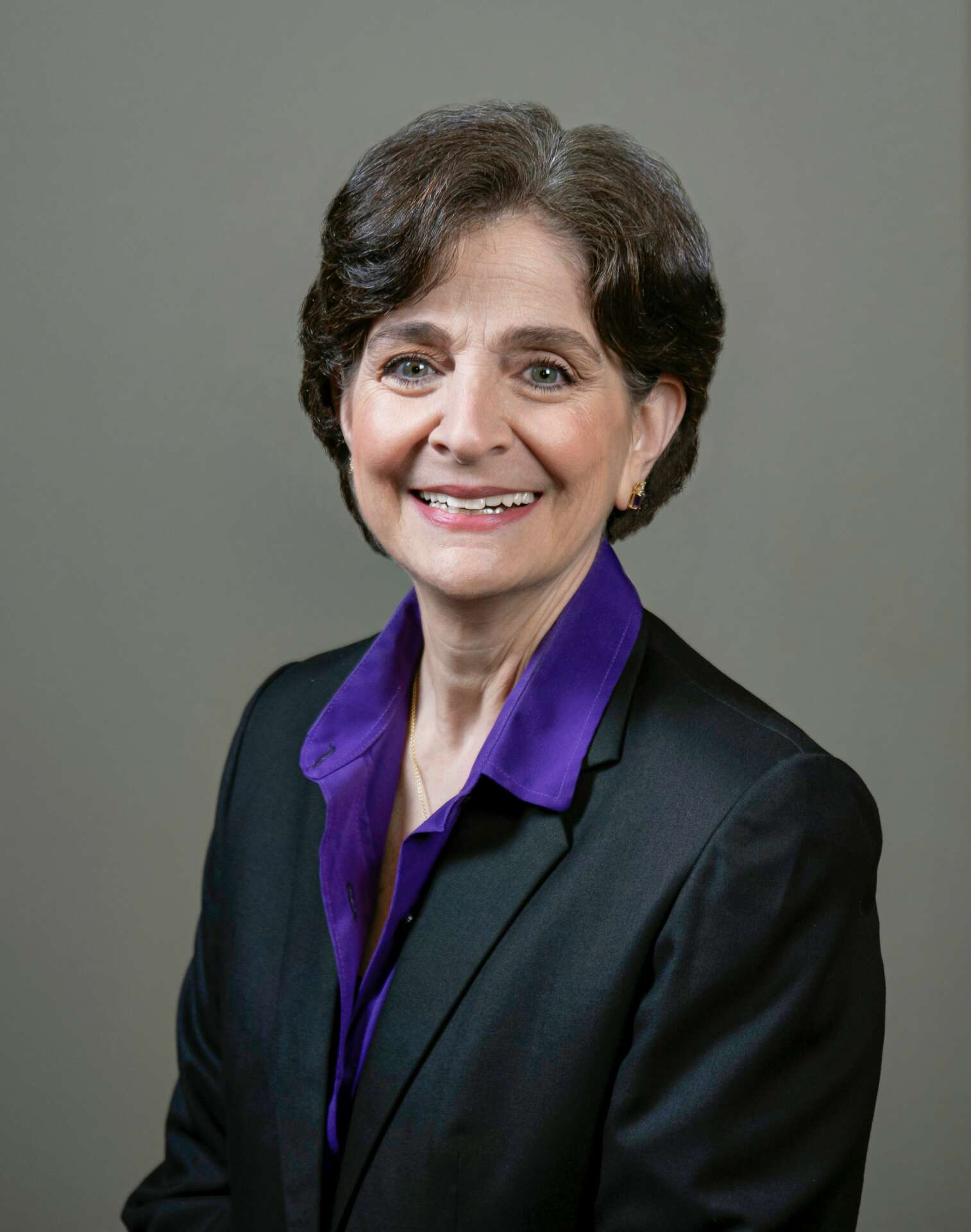
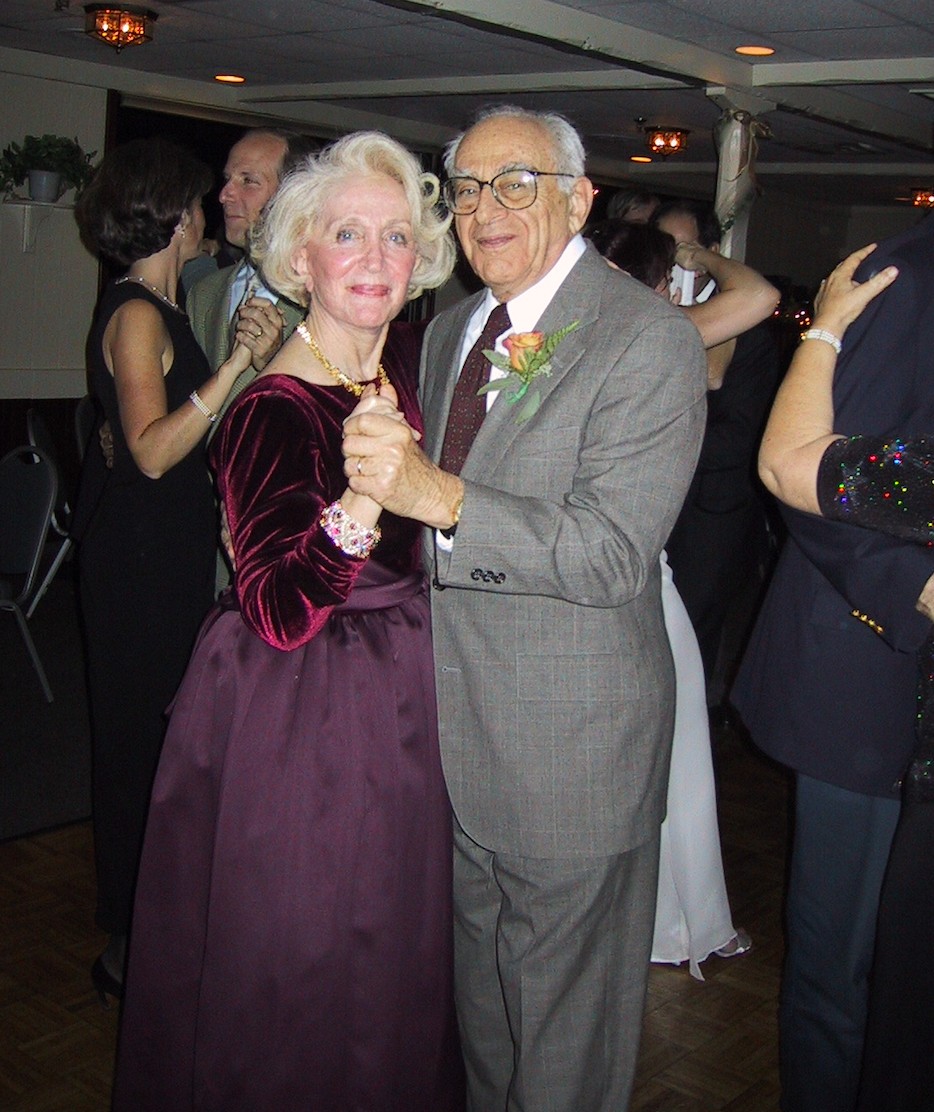
Do you think you’d choose a different profession or specialty if you were starting now?
Absolutely not. I love what I do. I can’t think of anything more rewarding or fulfilling than helping a woman navigate the complex medical system in a time of trouble. They’re frustrated, worried, and don’t feel well. They have recurring symptoms they’ve been conditioned to accept as a normal consequence of being a woman. They’re often embarrassed to discuss the situation with friends and family. And they may have a doctor telling them their only treatment option is a major surgery. If I can put them at ease, explain their options, and help them decide what’s best for them, that’s enough for me. And if I can treat their fibroids, relieve their symptoms, and make them feel good again, all without a scalpel, it makes me feel great.
To help raise awareness, July will officially be recognized as Uterine Fibroids Awareness Month in the State of Texas, Dallas County, and the City of Dallas. I’m grateful to be in a unique position to amplify this overlooked and under-addressed chronic medical problem.
Contact Info:
- Website: https://www.
fibroidfree.com - Instagram: https://www.
instagram.com/fibroidfreemd - Facebook: https://www.
facebook.com/fibroidfreemd - Linkedin: linkedin.com/
company/fibroidfreemd - Twitter: https://twitter.com/
FibroidFreeMD - Youtube: https://www.youtube.
com/channel/UCzJ4u- vtHJLOjFoQ2K_QYmw - Other: Office: 214-838-6440 Main Office: 12840 Hillcrest Road, Suite E104 Dallas, TX 75230 Satellite office: 1010 East Wheatland Road, Suite 200 Duncanville, TX 75116
- For a copy of Pain-Free Periods by Dr. Slonim: https://www.
fibroidfree.com/pain-free- periods-book
Image Credits
(Dr. Uma Reddy is pictured with me in our procedure room. She joined Fibroid Institute Dallas in September 2021.)


